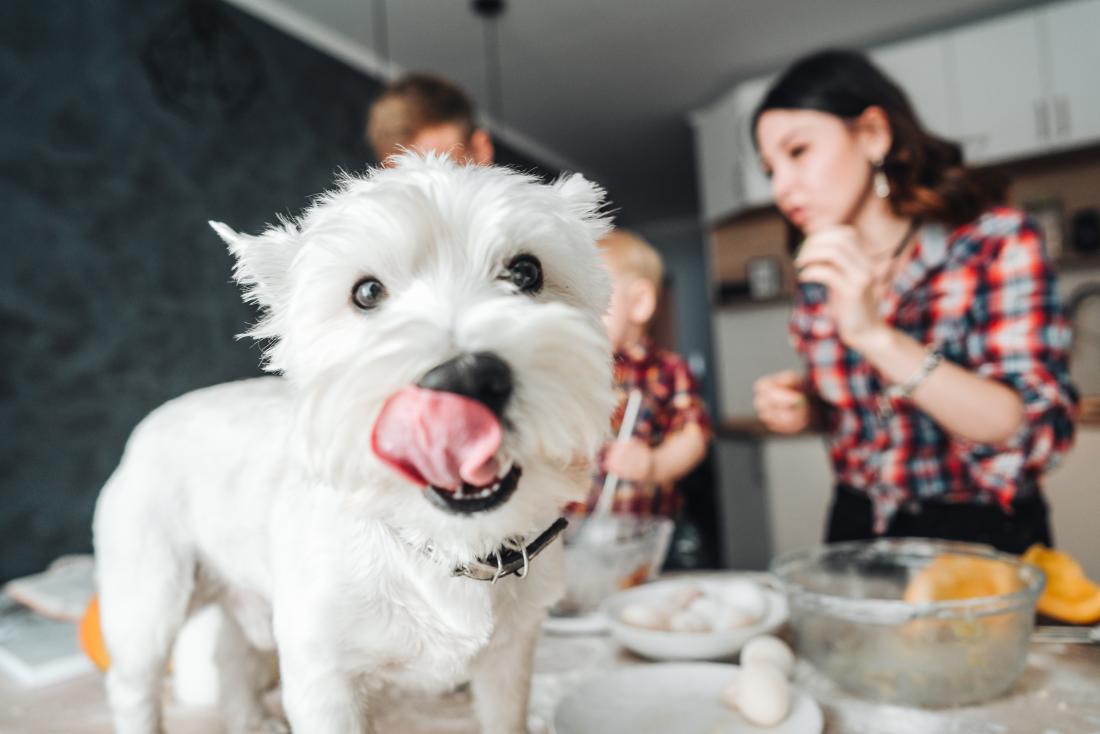We all are in love with our Dogs! Aren’t we? Coming home after an exhausting day at work and finding your Fluffy bundle of love waiting for you at the doorstep is indeed a delightful sight. Dogs are super loyal, caring, and, most importantly, cute as hell! Therefore, every dog owner out there quickly falls in love with these adorable creatures.
In this regard, providing the right nutrition to your Dog is the topmost priority of every individual pet owner. Most people usually prefer providing the packaged dog food; however, a usual question that’s always present in the mind of most dog owners is that “What human foods can dog eat?”
Dogs have a sensitive digestive system, and not everything that we eat can be suitable for them. Many of the healthy fruits and vegetables that are incredibly beneficial for us may badly ruin their digestive tract. On the other hand, a few human foods are incredibly beneficial for you and your pup. Thus, here we have comprehensively discussed this concern and backed it with thorough research. So if you have a furry best friend, this one is a must-read for you!
What should you feed your Dog?
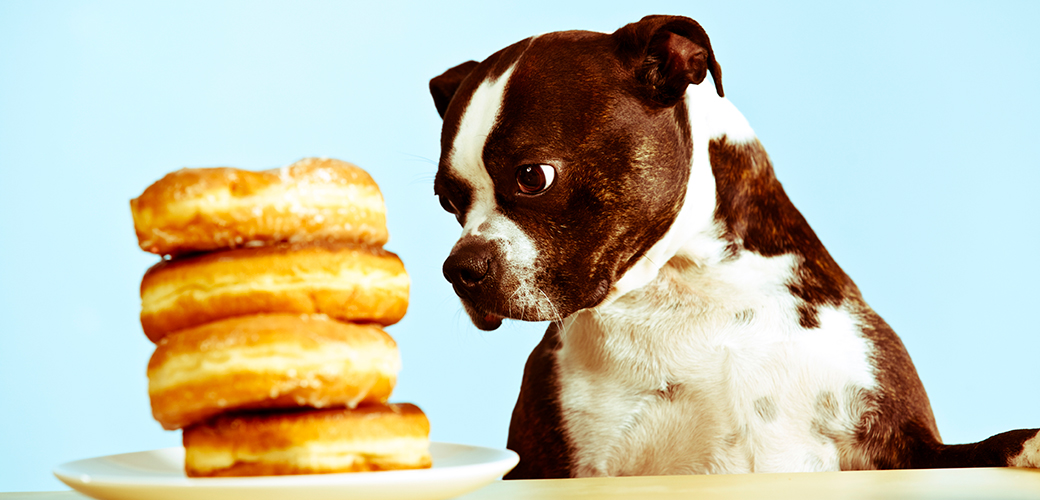
Carrots
We all are well aware of the countless health benefits of munching on a juicy carrot. Luckily, carrots are one of the healthiest snacks for your canine pet as well. The high fiber content of the carrot can effectively prevent runny stool by bulking it up. Not just that, the carrot is loaded with beta-carotene that works wonders in improving the eyesight of our beloved dogs.
Veterinarians worldwide greatly recommend feeding carrots to the Dog, as chewing on this veggie will mechanically remove any remaining plaque from the teeth of your furry friend. Therefore, you must include this juicy veggie in your diet. The best thing is that carrots are loaded with a diverse range of vitamins, including Vitamin A, which is proven to boost the immune system and improve skin and coat health. Even if your Dog is on the podgy side, carrots can be an effective snack that’s both low in calories and fats!
Yogurt
Yogurt! Yes, this dairy product can be an incredible treat for your furry best friend and can be given to them in all seasons. Like milk, yogurt is also rich in calcium and can promote teeth and bone health in your Dog.
Besides strengthening your bones, yogurt is fully loaded with probiotics that aid in food digestion and fighting off infections. Dogs that lack these essential probiotics often get ill and are at risk of suffering constant diarrhea; therefore, yogurt can effectively prevent such issues.
In case your Dog is already experiencing regular diarrhea or is unusually ill, it’s time to introduce yogurt into its diet. You may directly feed your Dog or even add spoons of yogurt into its food.
A significant aspect to comprehend here is that not all varieties of yogurt are suitable for your little friend. As a diverse range of yogurt available in the market is already saturated with artificial flavors, sweeteners, and preservatives; therefore, you must make a considerate choice in selecting the right one for your Dog.
Eggs
Yes! You can feed eggs to your Dog. Are you worried about cholesterol levels in the egg? No more! As the recent study suggests that eggs contain good cholesterol; therefore, their consumption by your pet is safe.
Eggs contain amino acids in considerable amounts, which play a significant role in protein production. Ultimately, this amino acid helps build muscle, strengthens hair follicles, and, most importantly, aids in tissue repair. Besides feeding the raw egg itself, you can also grind eggshells and feed it to your little bundle of love. These eggshells again are rich in calcium and will ensure healthy teeth and bones. Egg Yolks also contain biotin that’s the primary reason for good skin and a healthy coat among dogs.
But, beware only to choose 100% organic eggs, as artificially processed eggs contain countless colorants and chemicals. With that, also remember to completely sterilize the eggshell by boiling and cook it before giving it to your pet.
Meat
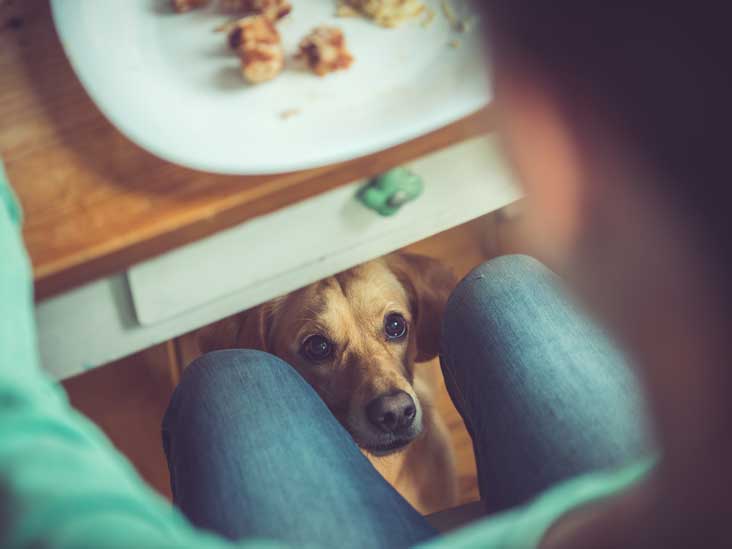
Every Dog on this planet loves meat! So, you can occasionally feed your pooch by following certain precautions. From Chicken, beef to turkey, your Dog can have any meat that will help him grow strong. Yet, always remember to cook the meat before serving raw thoroughly; old, moldy, or spoiled meats must be avoided at all costs.
Peanut Butter
Peanut Butter! Peanut Butter! Peanut Butter! We all can have it anytime if offered. Well, luckily, this incredibly delicious spread can also be part of your Dog’s meal. Peanut butter is a perfect way to deal with you and your Dog’s craving.
Loaded with essential Vitamin E, it ensures that your dogs’ immune system remains boosted and prevents illnesses. Besides, Vitamin B helps to maintain a healthy coat of your Dog. Peanut Butter will provide your pooch with the right energy and nutrients, without the addition of any unhealthy fats.
Serving your Dog a few tablespoons of peanut butter is extremely beneficial; however, overfeeding can lead to obesity and pancreatitis. If unsure about the right quantity, go for 10% of the entire diet, or consult your vet.
Salmon
One of the best human foods that you can feed your little pooch is Salmon. Salmon that’s thoroughly cooked and free from bones is safe to serve your dogs. Unlike other human foods, Salmon is rich in Omega-3 Fatty, an acid that works incredibly in reducing inflammatory issues. Plus, it can also make your Dog’s furry coat more lustrous.
An essential point that you must comprehend is that raw Salmon may contain certain parasites, leading to poisoning. Thus, always remember only to serve cooked Salmon!
What shouldn’t you feed your Dog?
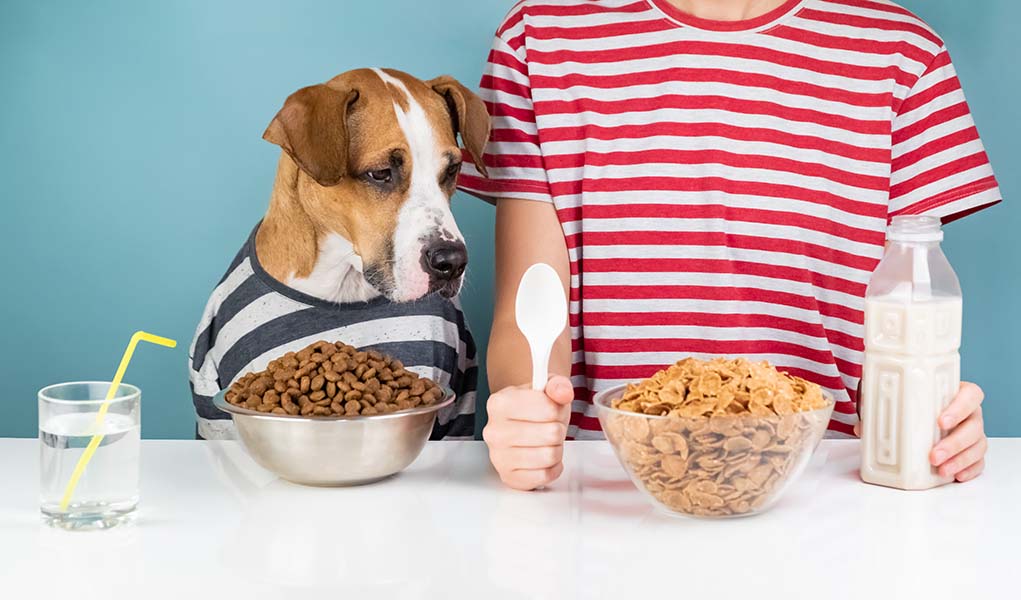
Chocolate
Although widely known, your Dog must not be given chocolate as it’s not suitable for your little puppy. Chocolates contain theobromine, a highly toxic compound found in cocoa that can be dangerous for them. The dark chocolates rich in this compound must not be served even in small quantities.
If ingested, you may observe your Dog experiencing diarrhea, vomits, and even liver failure in extreme cases. Apart from that, even if you see increased temperatures, faster breathing, restlessness, and muscle rigidity, you must immediately visit your vet.
Macadamia Nuts
Veterinarians worldwide suggest avoiding adding Macadamia Nuts to your Dog’s diet as these nuts contain an unidentified toxin that’s observed to cause vomiting, muscle weakness, tremors, hyperthermia, and depression even if taken in controlled amounts. Not just that, Macadamia Nuts are rich in fats that may elevate the chances of pancreatitis.
Coffee and Tea
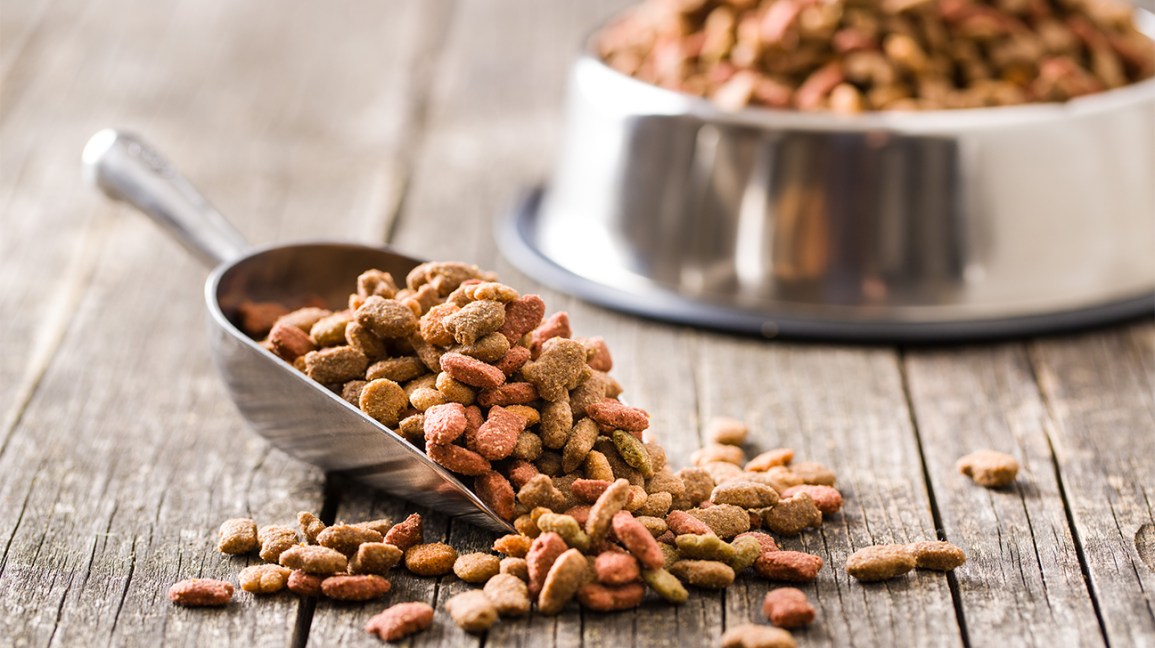
Serving your Dog with coffee or tea even in small quantities is a big NO! The primary reason for this is the high caffeine content, which may stimulate the Dog’s nervous system. Such stimulation has adverse effects on your Dog’s health as it may lead to hyperactivity, vomiting, uncontrollable diarrhea, heightened heart rate, and even seizures or tremors.
If caffeine is consumed in large quantities, Lung failure and abnormal heart rhythm can be expected, which may even prove fatal in extreme cases.
Garlic
Never Ever feed garlic to your little pup as they contain chemicals called thiosulfates that are completely toxic. These Thiosulfates may damage the red blood cells of your Dog and lead to severe conditions like anemia. In case of excessive garlic consumption, your Dog may even need a blood transfusion.
Alcohol
The devastating effects of alcohol on a dog are far more adverse than on humans. Therefore dogs should never consume alcohol, even in small amounts. Even in minute volume, alcohol intake may lead to ethanol poisoning that may cause seizures, vomiting, and loss of coordination. On the other hand, excessive intake may lead to severe symptoms, including heart attack, lung failure, or even death.
Conclusion
Our dogs are an essential part of our life; therefore, their healthy lifestyle is our topmost priority. Well, in this case, some human foods are incredibly beneficial for your cute pooch, while rest may be harmful or even prove fatal. As a result, you must be well aware of the pros and cons of any food before introducing it in your Dog’s diet.
Even the most beneficial foods must be gradually involved in your Dog’s diet as the digestive system of dogs reacts differently to each food.
All the information stated above has been carefully collected by our expert researchers and analysts and by the suggestions of experienced veterinarians. Consequently, what we suggest is the ultimate best!
